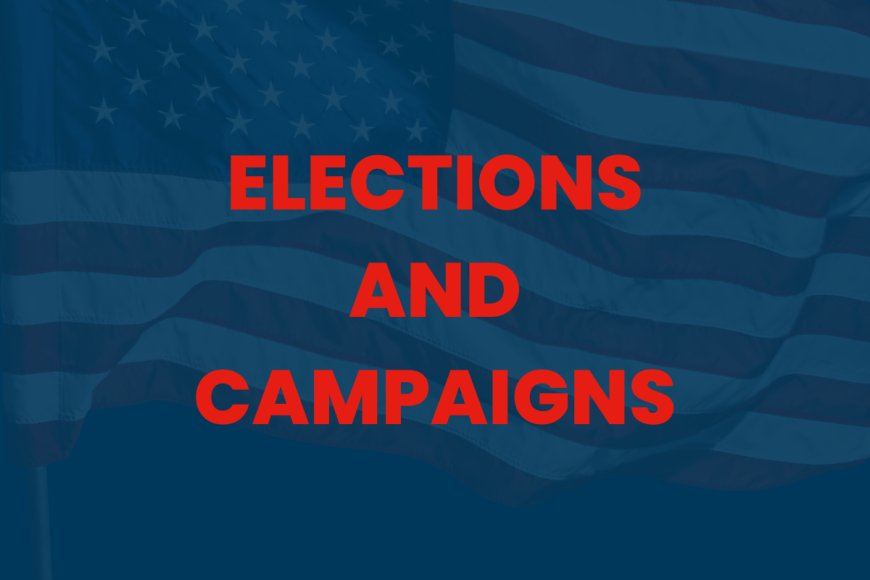Elections and Campaigns: Shaping the Political Landscape
Elections and Campaigns

Introduction: Understanding the Significance of Elections
Politics, a realm intrinsically tied to the essence of societal governance, finds its pulse in the phenomenon of elections. These democratic exercises are pivotal moments, shaping the contours of governance, policies, and the collective future. Exploring the intricate dynamics of elections and campaigns illuminates not just the political machinery but also the heartbeat of democracy.
The Evolution of Political Campaigns
Early Political Campaigns
In the annals of history, political campaigns trace back to rudimentary forms of canvassing, where speeches and word-of-mouth formed the core strategies.
Transition to Modern Campaigning Methods
The journey from town criers to sophisticated digital campaigns signifies a monumental shift. The advent of modern technologies, coupled with evolving societal structures, reshaped the modus operandi of political campaigns.
Key Components of Election Campaigns
Campaigns pivot around several vital components. Effective candidate branding and messaging, coupled with robust ground game strategies, form the bedrock of successful campaigns.
Candidate Branding and Messaging
Crafting a candidate's image and conveying resonating messages that strike a chord with the electorate can sway opinions and garner support.
Ground Game and Grassroots Efforts
From door-to-door canvassing to community engagements, grassroots efforts forge a direct connection with constituents, fostering trust and understanding.
Use of Media and Technology
In today's digital age, harnessing the power of media and technology becomes indispensable. Television ads, social media campaigns, and targeted messaging play pivotal roles.
The Impact of Social Media on Political Campaigns
Leveraging Social Platforms for Outreach
Social media platforms have emerged as battlegrounds for political discourse. Their vast reach and immediacy amplify candidates' voices and mobilize supporters.
Challenges and Controversies in Social Media Campaigning
However, the unregulated nature of social media also poses challenges, including misinformation, echo chambers, and ethical dilemmas.
Influence of Public Opinion and Polling
Understanding Public Sentiment
Election campaigns are deeply intertwined with public sentiment. Understanding the electorate's pulse becomes paramount for strategists.
Role of Polling in Shaping Strategies
Polling serves as a compass, guiding campaigns to navigate the shifting tides of public opinion and adjust strategies accordingly.
Financing and Fundraising in Campaigns
Fundraising Techniques and Strategies
Campaigns require substantial financial backing. Fundraising techniques, from grassroots donations to high-profile events, are instrumental.
Implications of Financial Resources on Campaign Success
The availability of resources often delineates the success trajectory of campaigns, impacting outreach, advertising, and overall effectiveness.
Ethical Considerations in Political Campaigns
Ethical Challenges in Campaigning
Campaign ethics are crucial. Issues related to transparency, honesty in messaging, and fair play come under scrutiny.
Importance of Transparency and Accountability
Ensuring transparency and accountability not only upholds democratic values but also fosters trust among constituents.
Global Perspectives on Election Campaigns
Contrasting Approaches in Different Countries
Campaigning methodologies vary worldwide, shaped by cultural, legal, and societal factors.
Lessons to Learn from International Campaigns
Studying diverse campaign strategies across nations presents opportunities for cross-pollination of ideas and innovative approaches.
Conclusion:
Shaping the Future of Elections and Campaigns
Elections and campaigns stand as the pillars of democracy, continuously evolving and shaping the political landscape. Understanding their intricacies is pivotal in steering the future of governance and societal progress.
What's Your Reaction?




























































































